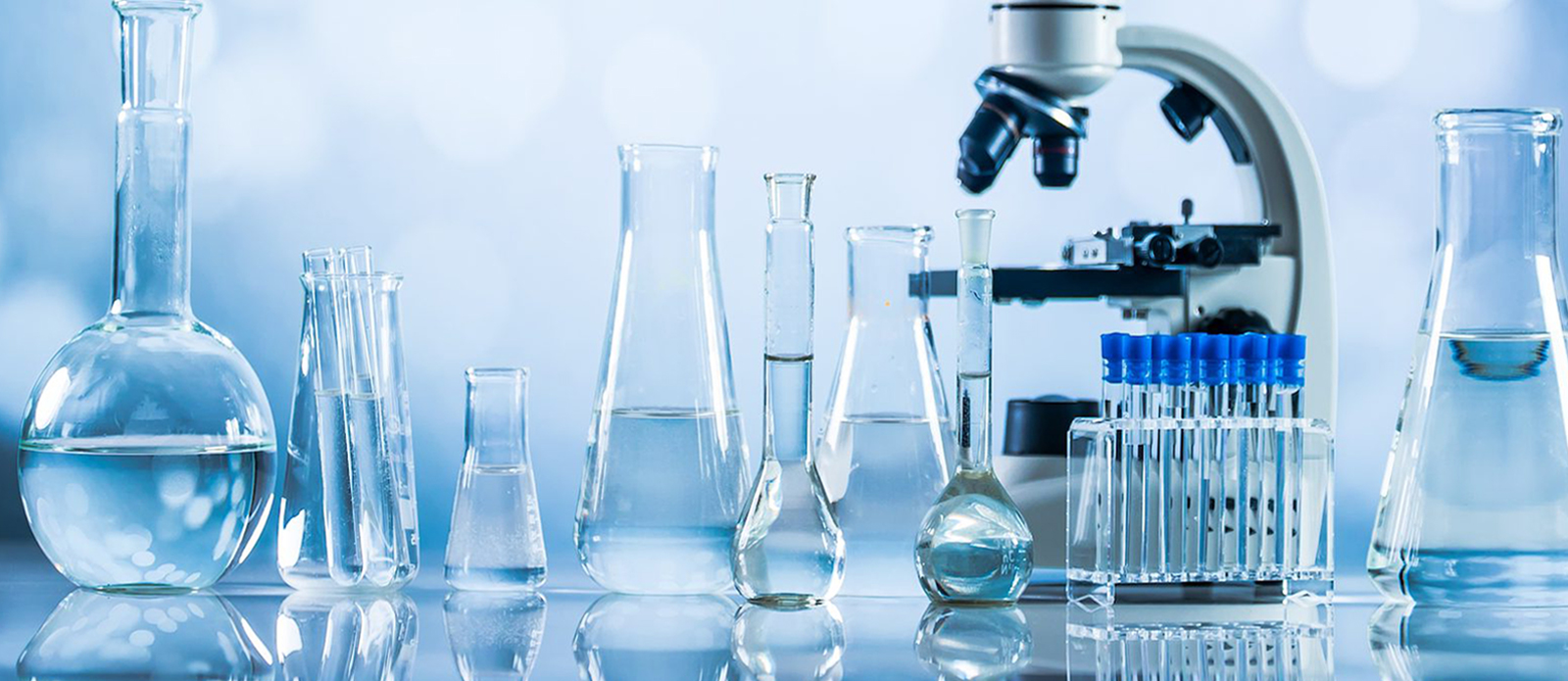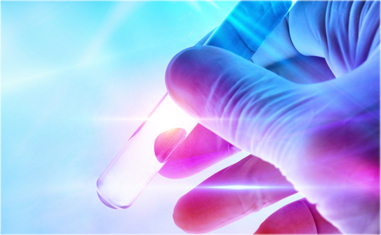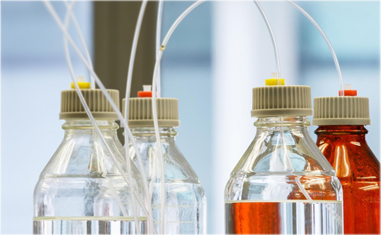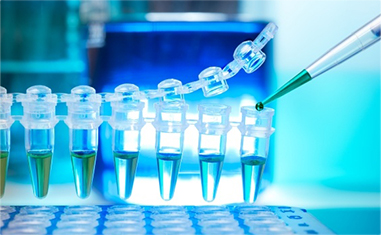A bioanalytical method is a set of procedures involved in the collection, processing, storage, and analysis of a biological matrix for a chemical compound. Bioanalytical method validation (BMV) is the process used to establish that a quantitative analytical method is suitable for biochemical applications. Bioanalysis covers the quantitative measurement of Xenobiotics of drugs such as their metabolites, and biological molecules in unnatural locations or concentrations and Biotics like macromolecules, proteins, DNA, large molecule drugs, metabolites in biological systems. Bioanalysis is a progressive discipline for which the future holds many exciting opportunities to further improve sensitivity, specificity, accuracy, efficiency, assay throughput, data quality, data handling and processing, analysis cost and environmental impact.
The main impact of bioanalysis in the pharmaceutical industry is to obtain a quantitative measure of the drug or its metabolites for the study of pharmacokinetics, toxicokinetics, bioequivalence, and exposure-response like pharmacokinetic/ pharmacodynamic studies. The focus of bioanalysis in the pharmaceutical industry is to provide a quantitative measure of the active drug and/or its metabolite(s) for the purpose of pharmacokinetics, toxicokinetics, bioequivalence and exposure-response (pharmacokinetics/pharmacodynamics studies)The reliability of analytical findings is a matter of great importance in forensic and clinical toxicology, as it is, of course, a prerequisite for correct interpretation of toxicological findings. Unreliable results might not only be contested in court but could also lead to unjustified legal consequences for the defendant or to wrong treatment of the patient. In the last decade, similar discussions have been going on in the closely related field of pharmacokinetic (PK) studies for registration of pharmaceuticals.
As per Bioanalytical Method Validation (BMV) guidelines for industry, these guidelines are applied to bioanalytical methods that are used for the quantitative determination of drugs and their metabolites in biological matrices such as plasma, urine and preclinical studies. Bioanalytical method validation includes all of the procedures that demonstrate that a particular method developed and used for quantitative measurement of analytes in a given biological matrix is reliable and reproducible. Validation of a bioanalytical method is the process by which it is established that the performance characteristics of the method meet the requirements for the intended bioanalytical application. These performance characteristics are expressed in terms of bioanalytical method validation parameters. The fundamental bioanalytical method validation parameters include precision and accuracy, sensitivity.
Bioanalytical Techniques
The development of the bioanalytical techniques brought a progressive discipline for which the future holds many exciting opportunities to further improvement. The main impact of bioanalysis in the pharmaceutical industry is to obtain a quantitative measure of the drug and its metabolites. The purpose is to perform the pharmacokinetics, toxicokinetics, bioequivalence, and exposure-response like pharmacokinetic/pharmacodynamic studies. Various bioanalytical techniques are performed in bioanalytical studies such as hyphenated techniques, chromatographic techniques, and ligand binding assays.
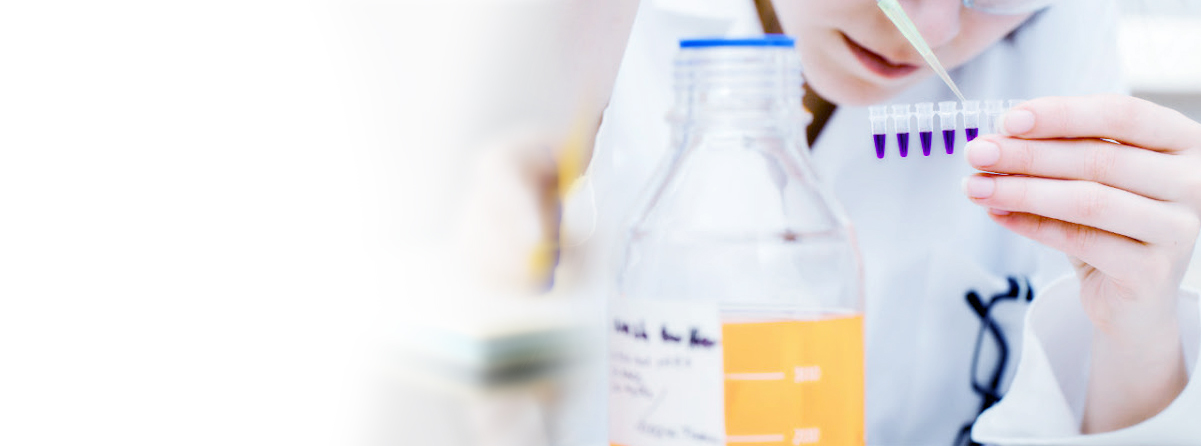
- Hyphenated techniques
- Chromatographic methods
- Electrophoresis
- Mass spectrometry
- Nuclear magnetic resonance
